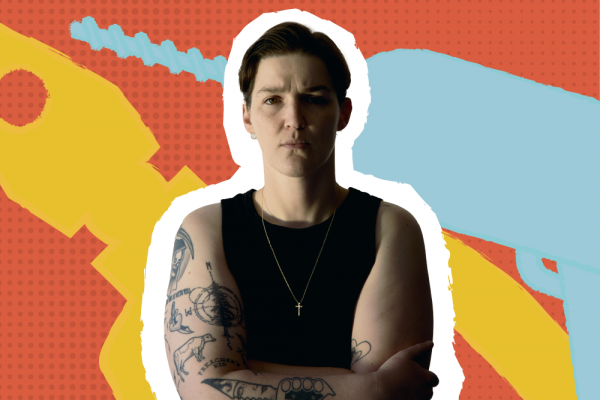Feb 11, 2025
As Semler, Grace Baldridge has spent the past few years proving there was a space for people like her in the Contemporary Christian Music scene, even if she had to dig that space with her bare hands. Now, with the release of her debut album, she's looking back on how she did it — and what’s next.
Read the Full Article

Already a subscriber? Login
